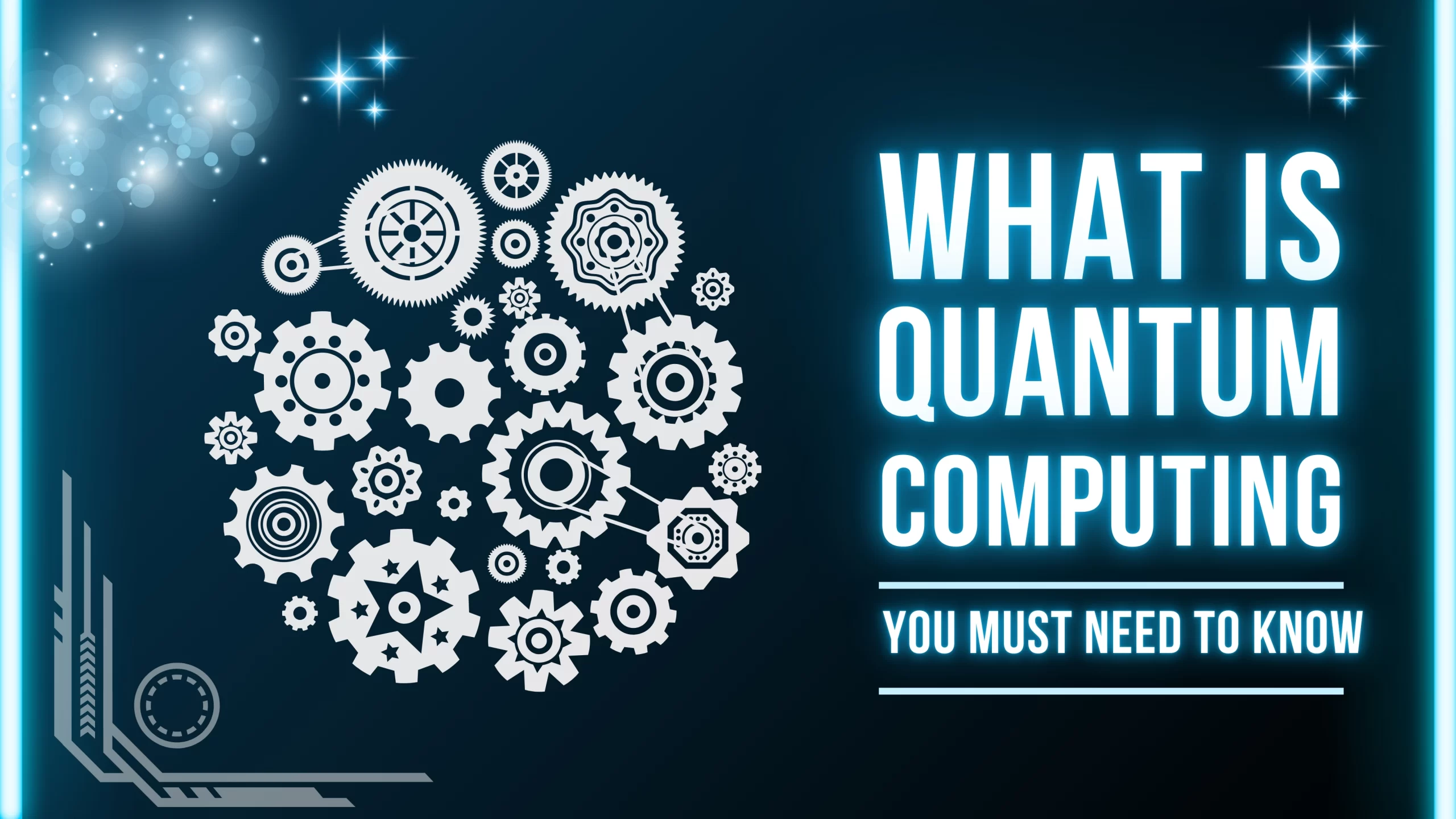Introduction
Quantum computing is important for cybersecurity. In this article, you analyze the implications of quantum computing. You also cover what quantum cybersecurity means. You also cover what the future holds for data security. With technology always changing, cybersecurity is still a major worry. This problem has become more challenging with quantum computing.
What is quantum cybersecurity?
Quantum cybersecurity uses quantum computing concepts. It aims to improve and secure information systems.
Quantum computers tackle complex problems with rapid solution delivery. But they also threaten normal encryption.
Thus, quantum cybersecurity aims to use quantum-based solutions and advanced cryptography. These tools counter these threats.
What is quantum computing, and why is it important?
It uses the ideas of quantum mechanics. They handle data in a way that is not possible with traditional computers. Qubits can exist in more than one state at once.
This contrasts with classical bits, which represent data as 0s or 1s. Quantum computers are essential for progress.
They are fast at doing intricate computations. This speed is key for fields like AI, drug discovery, and cryptography.
What is quantum computing in simple terms?
Imagine quantum computing as a super-intelligent brain capable of multitasking. Classical computers handle one task at a time, much like an efficient worker.
A quantum computer accelerates problem resolution. It does this by doing many tasks simultaneously, like a team of workers.
What can quantum computing do?
It can solve issues. This could make many industries too complex for ordinary computers. For example, it may help with drug discovery. It accelerates molecular structure simulation.
It can also streamline supply chains and logistics, and crack encryption. Encryption protects most of the modern internet.
The Future of Quantum Computing
We pursue ongoing research and development. We aim to make these powerful computers easier to understand and more helpful. They give quantum computing a bright future.
We expect big changes in AI. The same goes for finance and healthcare. This will happen as quantum technology progresses. We expect significant transformations in cybersecurity.
The Quantum Threat to Cybersecurity
Quantum computing has a lot of potential. But it poses a danger to cybersecurity. Our data is now protected by cryptography. Quantum computers can crack the code with simplicity.
This flaw shows how urgent it is to create encryption that resists quantum. We need it to safeguard sensitive information.
Using Quantum Technologies to Improve Cybersecurity
Given the risks, quantum technologies present creative ways to improve cybersecurity. Quantum methods, including key distribution, exploit unbreakable encryption.
These techniques take advantage of quantum physics. These systems claim they can protect communications. They can do so even against the strongest quantum attacks.
Existing Quantum Cybersecurity Protocols
There are already many quantum cybersecurity safeguards in place today. One such technique is quantum key distribution (QKD). It allows safe communication by detecting eavesdropping.
Researchers are also developing post-quantum cryptography algorithms. These algorithms fend off attacks using quantum computing.
Innovations in Quantum Security
New quantum cybersecurity includes better key distribution systems. It also includes new cryptographic protocols. Scholars study how to add these technologies to existing security systems. They want to ensure that we stay ahead of threats.
Quantum Encryption
Data security uses quantum encryption. It relies on the special traits of quantum mechanics. Quantum encryption is very secure.
It can detect any interception. This is in contrast to classical encryption. With enough time and computational resources, one can crack it.
Quantum Key Distribution (QKD)
QKD is a cutting-edge approach to secure communication. It deals with the quantum state-based transmission of encryption keys. The keys change if they are intercepted.
This tells people that someone is listening. Because of this, QKD is a priceless tool for safeguarding confidential data.
Quantum-Post Cryptography
Cryptographers call the creation of such methods post-quantum cryptography. They are resistant to quantum attacks. These algorithms can withstand quantum computers. They keep our data secure.
Conclusion
Quantum computing offers immense potential but also poses significant risks to current cybersecurity. To counter these threats, quantum cybersecurity uses advanced techniques like quantum key distribution and post-quantum cryptography to protect sensitive data and ensure secure communication in the future.

